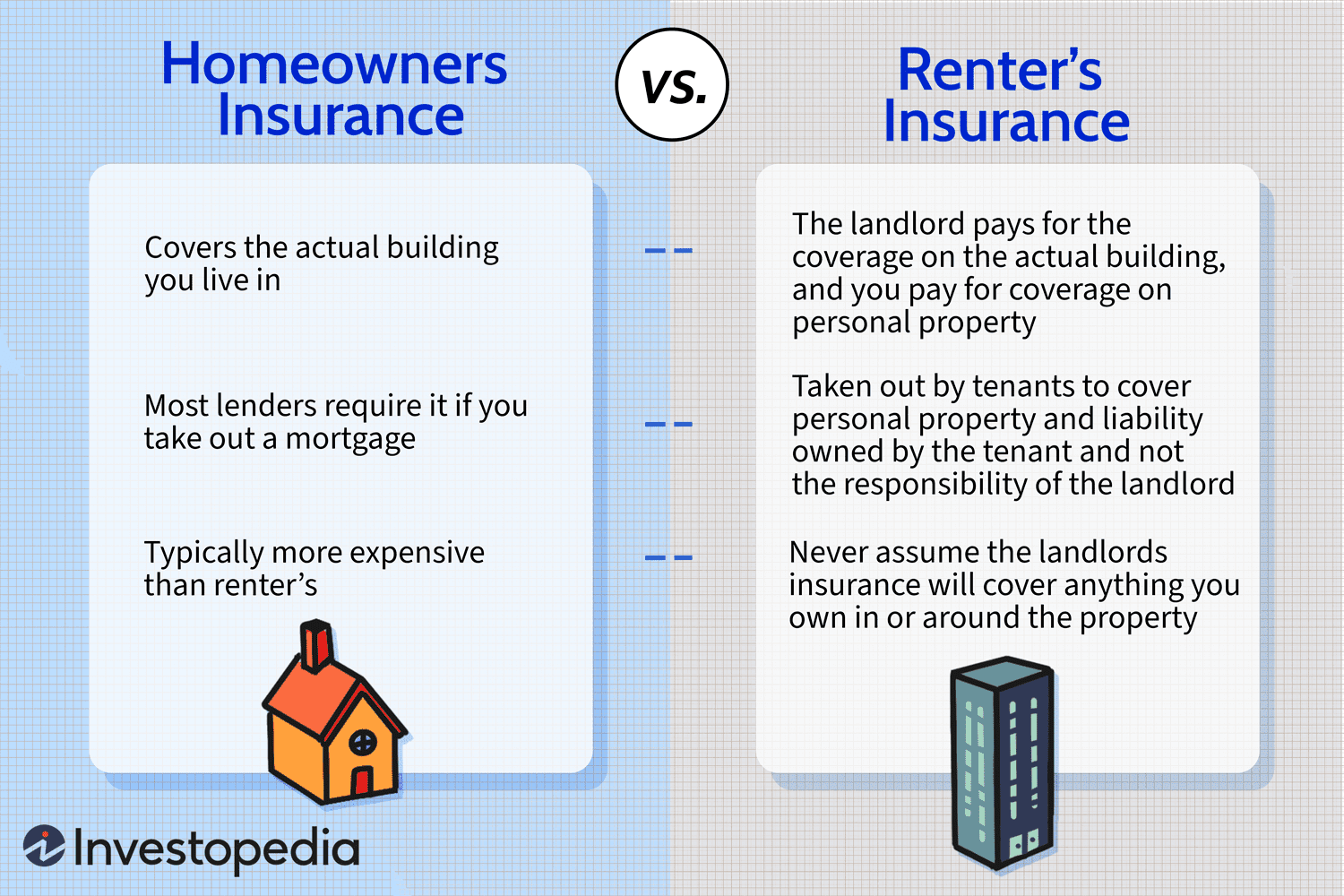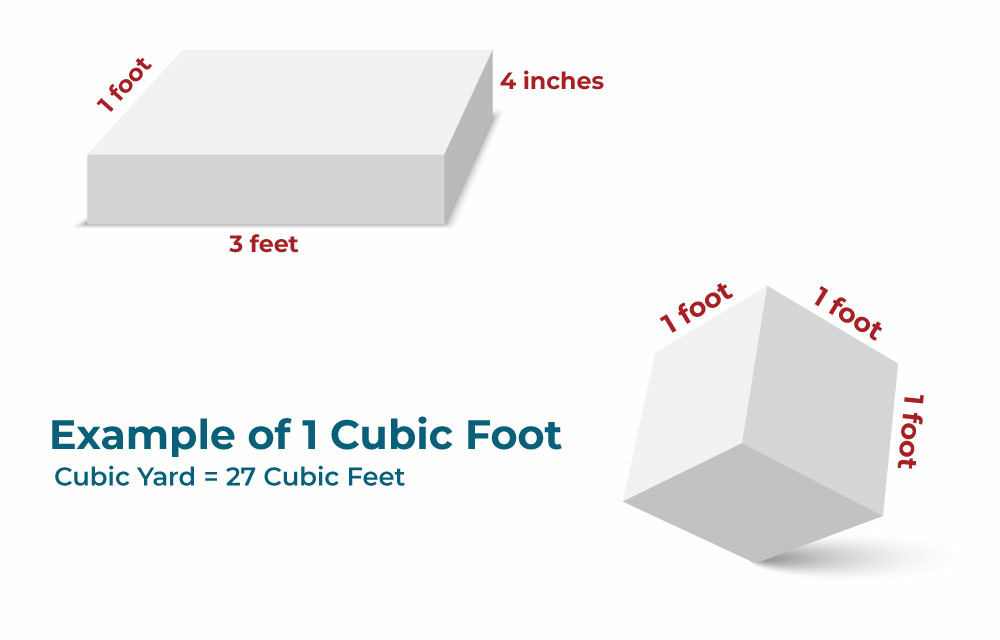As I write this, we are halfway through July 2022, and Christmas decorations should replace patio furniture at Costco next month.
These days, it seems that we have two times of the year – before Christmas and after. Before starts August 1st and then December 26th. Everything else is just a footnote.
So much has happened in the world – after Christmas.
We’ve seen commercial real estate eclipse sanity, two quarters of declining GDP (read: recession), inflation at the highest it’s been since 1982, Russia invading Ukraine, gasoline rising above $6 a gallon, food shortages, mass shootings at innocent schools. kids and their teachers, brick and mortar retail foot traffic slowing to a crawl, interest rates, housing activity in free fall, and rumors of a slowdown in our own business market.
How things have changed! And in a heartbeat.
However, one thing that remains constant is commercial real estate. You know, those pillars from which we base our direction. In a changing market, it is useful to remember these pillars.
One fundamental pillar is the rental agreement. Whether renewing an existing arrangement or establishing a new agreement, the following should help you flex with the changing times.
In my experience, there are at least five “gotcha” issues that should be addressed in any lease. The Industrial Real Estate Leasing Association, in my opinion, addresses these issues quite thoroughly – with a few tweaks. In the case of an owner-generated lease, the issues vary in their treatment.
The five issues are operating expenses; capital expenditures; subordination, non-disturbance and atornment; rent increases and miscellaneous. I will define each issue and suggest “asking” during the lease.
Below is a layman’s review as a practitioner and should not mitigate the need to have all legal documents reviewed by counsel. These issues are from a California perspective and may vary by state.
Operating expenses (industrial):
Operating expenses, also known as op exes, are the expenses an owner incurs in the operation of a property. These expenses include, but may not be limited to, property taxes, property insurance, maintenance of the foundation, roof and walls, landscape maintenance, maintenance of the building‘s systems (plumbing, electrical, HVAC, etc.), utilities and the residents . ‘ part of the amortized capital expenditure.
The costs are sometimes referred to as NNN expenses or “suits”. Such expenses vary greatly based on an owner’s management preferences but are largely skewed by the amount of property taxes. On the same subject : Sausalito approaches a rented art center in the old bank.
If you are negotiating an NNN lease, the costs are paid in addition to your rent either as payable or monthly. If the lease is an industrial gross lease, the base year operations are included in the base rent.
I propose to postpone the base year until the first full year after the start of the lease. If the lease starts in February, this is a tough question. If the lease starts in October, not so much. I suggest asking for a limit on the increases in operations during the base year.
Capital expenditures
Capital expenditures are expenditures that are mostly non-permanent such as roof replacement, parking lot replacement, driving and landscaping modifications. I suggest that there be a mechanism in the lease to specify any expenditure exceeding 50% of the cost to replace a capital system (roof), be the responsibility of the owner and the cost be amortized over 12 years with a favorable rate of interest.
Subordination, non-disturbance and attornment
This is defined as the resources of the financial owner to secure their interest and the outcome of any foreclosure. To see also : Farm Capital Tax. Also known as SNDA, this clause causes the lease to be subordinated to existing and future financing that is placed on the property.
As a tenant, a request that the lease is non-disturbed (conditions not modified), should be sought in exchange for the tenant agreeing to mandate (recognize) an owner who becomes the owner through the execution of the underlying debt.
Claiming ALL of these is important in my opinion, especially during economic times that could suggest a high probability of foreclosure.
I suggest that the lease clearly provide for ALL of the components – S, ND and A, and that where possible the lender be persuaded to sign an SNDA recognizing the lease.
Rent increases
These are defined as increases in the rental schedule over the duration of the rental. Read also : What you need to know about business-related travel deductions.
Generally, the increases are for the duration of the lease and could vary depending on the change that occurs in the CPI or a fixed annual amount.
During 2021 we saw these fixed amounts increase. Recently, a lease was written with 5% annual increases! That’s almost double the amount we saw in 2019.
Caps and floors are always suggested to protect against an unbridled inflationary rise.
Miscellaneous
Former and existing cable removal, Americans with Disabilities Act – ADA requirements (and who is responsible), city permitting, subletting and assignment, rent abatement versus free rent, and options to extend and purchase should all be carefully reviewed and when necessary, negotiated. .
Allen C. Buchanan, SIOR, is a principal with Lee & Associates Commercial Real Estate Services in Orange. He can be reached at abuchanan@lee-associates.com or 714.564.7104.






